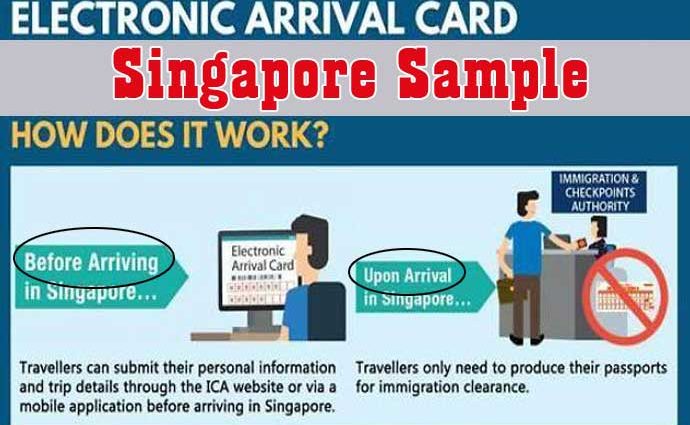Governments and countries all over the world are preparing themselves for a post-COVID new normal. A lot of housekeeping is going on and much to the delight of IT companies, many things and processes are going digital. One of them is the ‘Incoming Passenger Card’ we all have to fill and sign and submit on arrival. From next year the paper card/form will give way to a Digital Incoming Passenger Card.
There will be an app to do this form electronically or digitally (perhaps on their phone or online) for anyone entering Australia.
“We hope to have completed by this time next year is to digitise the incoming passenger card. So, at the moment everybody who arrives unto Australia, be you a foreigner or an Aussie, you would complete this card and it has your contact information, your details, as well as some of the biosecurity information”, Alan Tudge, Acting Minister for Immigration has told the media.
The idea is to have COVIDSafe information on each person entering Australia. The government thinks, if a vaccine is found, it may be made mandatory to record the person being vaccinated (all over the world) and that record will also be digital and in some way – attached (as a Certificate) to the digital app which will be doing the Incoming Passenger Card.
That may be used as a condition of entry from certain countries or the basis to separate people for quarantining purposes.
In addition to the COVID vaccination certificates to be attached, this digital app may also include visa information of the person entering Australia.
“By having a digital product, in the future should there be a globally-available vaccine, we’ll be able to attach an authentic vaccination certificate to the incoming passenger card so that we will know if a person has, indeed, had that vaccination or not. And therefore, they will be able to enter into Australia, potentially without quarantining”, the minister opined.
According to Alan Tudge, the government plans to launch by September 2021.
“This new capability will strip away the need to scan paper cards,” Minister Tudge added.
The bigger benefit will be its speed and effectiveness in contact tracing.
“It takes time to manually process this and, in the future when we need to be able to contact trace people, we of course would like that information to be able to get to health authorities immediately, rather than having to go through the process of entering the data across to them”.
And the government will be able to identify and track everyone in a much more efficient manner.
Clearly, the government is not only moving towards new normal, it is also doing some good housekeeping in a cost effective way.
“… our ambition is to have this available for us next year. And this is just another further step in our efforts to slowly reopen and safely reopen the Australian borders so that we can allow more people to leave the country and more people to come into the country”, Minister Tudge added.
Earlier this month, Singapore had also made the decision and announcement to replace their paper Incoming passenger cards with digital. But in Singapore’s case, it only applies to temporarily entering foreigners as Singaporeans, permanent residents and long-term pass holders such as students and workers who are returning to Singapore do not need to submit any arrival cards.
A 3-month trial of the new technology has already begun in Singapore.
Similar Posts by The Author:
- Narendra Modi at the 16th BRICS Summit, meets Putin, Xi Jinping
- Diwali 2024 : Celebrate India Inc. brings 19th Fed Square Diwali on October 26
- Racism rears its ugly head during council elections, as Jamel Kaur Singh & others found out
- $400 School Saving Bonus will help busy Victorian families
- Aussie Indian Alexis Dennis opens up on racism in Australia

